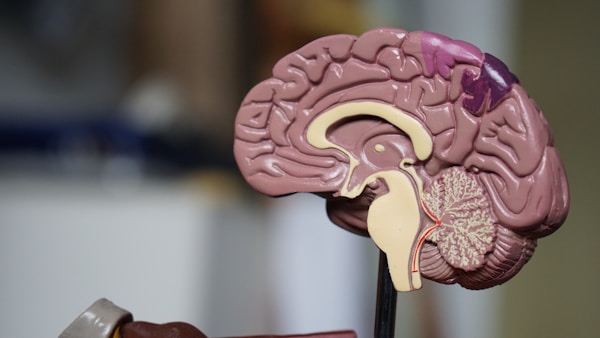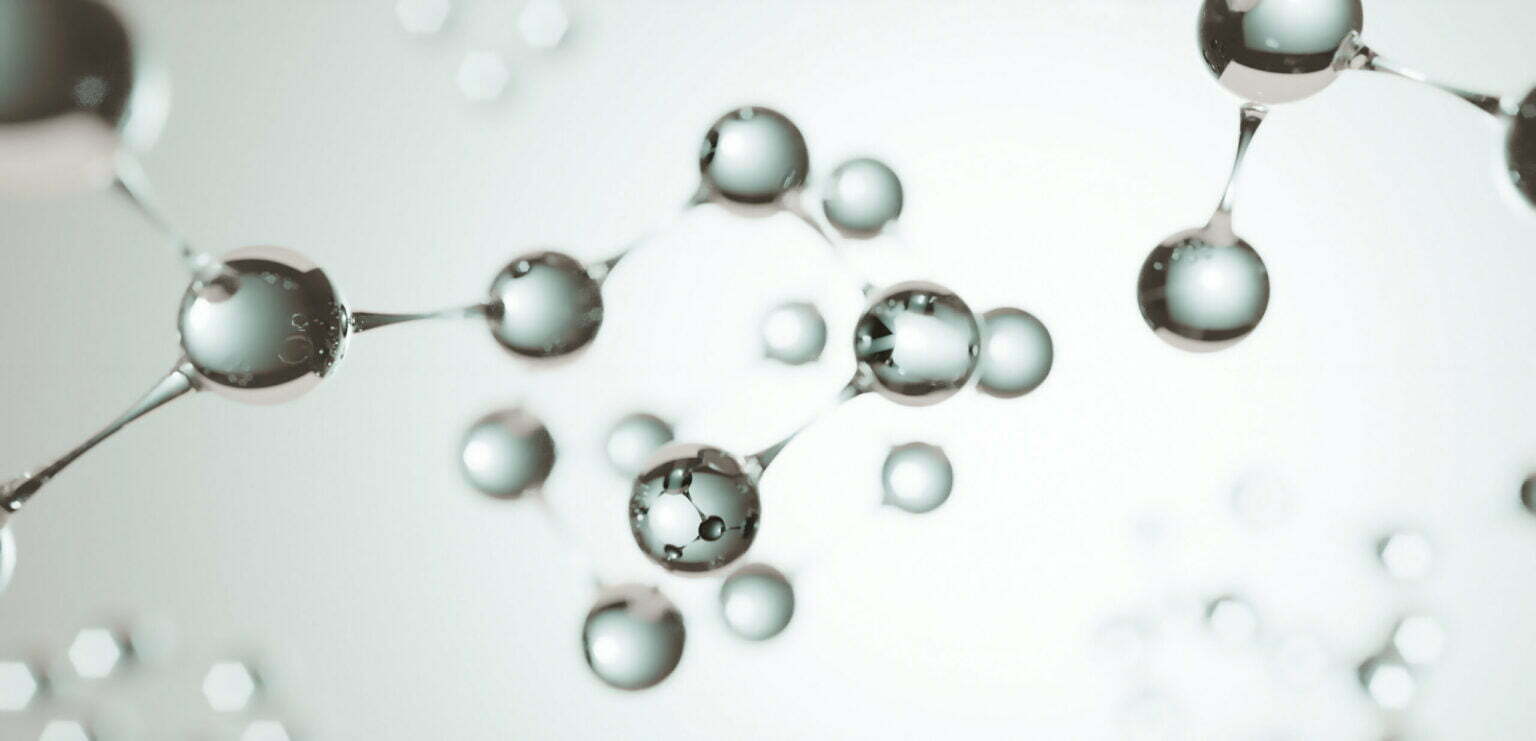Nicotinamide adenine dinucleotide (NAD) is a coenzyme that plays a crucial role in numerous biological processes. It is involved in energy metabolism, DNA repair, and cellular signaling. NAD is a molecule that consists of two nucleotides: nicotinamide and adenine. It is found in every living cell and is essential for the functioning of the human body.
In this comprehensive guide, we will explore all about NAD and its benefits.
Structure of NAD

NAD has a complex structure consisting of two nucleotides, which are connected by a phosphate group. The first nucleotide is nicotinamide, which is a derivative of vitamin B3. The second nucleotide is adenine, which is a component of DNA and RNA.
There are two forms of NAD: NAD+ and NADH. NAD+ is the oxidized form of NAD, while NADH is the reduced form. NAD+ and NADH are involved in many cellular reactions that involve the transfer of electrons.
Function of NAD
NAD plays a crucial role in numerous biological processes. It is involved in energy metabolism, DNA repair, and cellular signaling. NAD is a coenzyme, which means it binds to enzymes and activates them to catalyze biochemical reactions.
One of the primary functions of NAD is its involvement in energy metabolism. NAD is involved in the process of glycolysis, which is the breakdown of glucose to produce energy. During this process, NAD+ is reduced to NADH, which is then used in the electron transport chain to produce ATP, the energy currency of the cell.
NAD is also involved in DNA repair. When DNA is damaged, enzymes called poly(ADP-ribose) polymerases (PARPs) use NAD to create poly(ADP-ribose) chains, which recruit DNA repair enzymes to the site of damage.
In addition to its role in energy metabolism and DNA repair, NAD is involved in cellular signaling. NAD+ is a substrate for sirtuins, a family of enzymes that are involved in regulating gene expression, cellular metabolism, and aging.
Benefits of NAD

NAD has been the subject of numerous studies due to its potential health benefits. NAD has been shown to improve energy metabolism, promote healthy aging, and improve cognitive function.
One of the primary benefits of NAD is its role in energy metabolism. NAD+ is a cofactor for enzymes involved in the production of ATP, the energy currency of the cell. By increasing NAD levels, it may be possible to increase energy production in cells, which could have numerous health benefits.
NAD has also been shown to promote healthy aging. As we age, NAD levels decline, which may contribute to age-related diseases such as Alzheimer’s and Parkinson’s disease. By increasing NAD levels, it may be possible to slow down the aging process and reduce the risk of age-related diseases.
In addition to its role in energy metabolism and healthy aging, NAD has been shown to improve cognitive function. NAD+ is involved in regulating gene expression, and increasing NAD levels may improve the expression of genes that are involved in cognitive function.
Recent research has also revealed the potential of NAD supplementation in the treatment of a variety of diseases. NAD+ has been shown to increase the activity of sirtuins, which can help to regulate genes that are involved in the development and progression of cancer. In addition, NAD+ has been shown to reduce inflammation, which is a major contributor to many chronic diseases such as heart disease, diabetes, and Alzheimer’s disease.
However, it is important to note that the effectiveness of NAD supplementation in the treatment of these diseases is still being studied and the long-term effects are not yet known. It is also important to consult with a healthcare professional before starting any NAD supplementation regimen.
Overall, NAD is a crucial molecule that plays a vital role in numerous biological processes. It has potential health benefits that could improve energy metabolism, promote healthy aging, and improve cognitive function. With ongoing research, it is possible that NAD supplementation could become a valuable tool in the treatment of various diseases.



